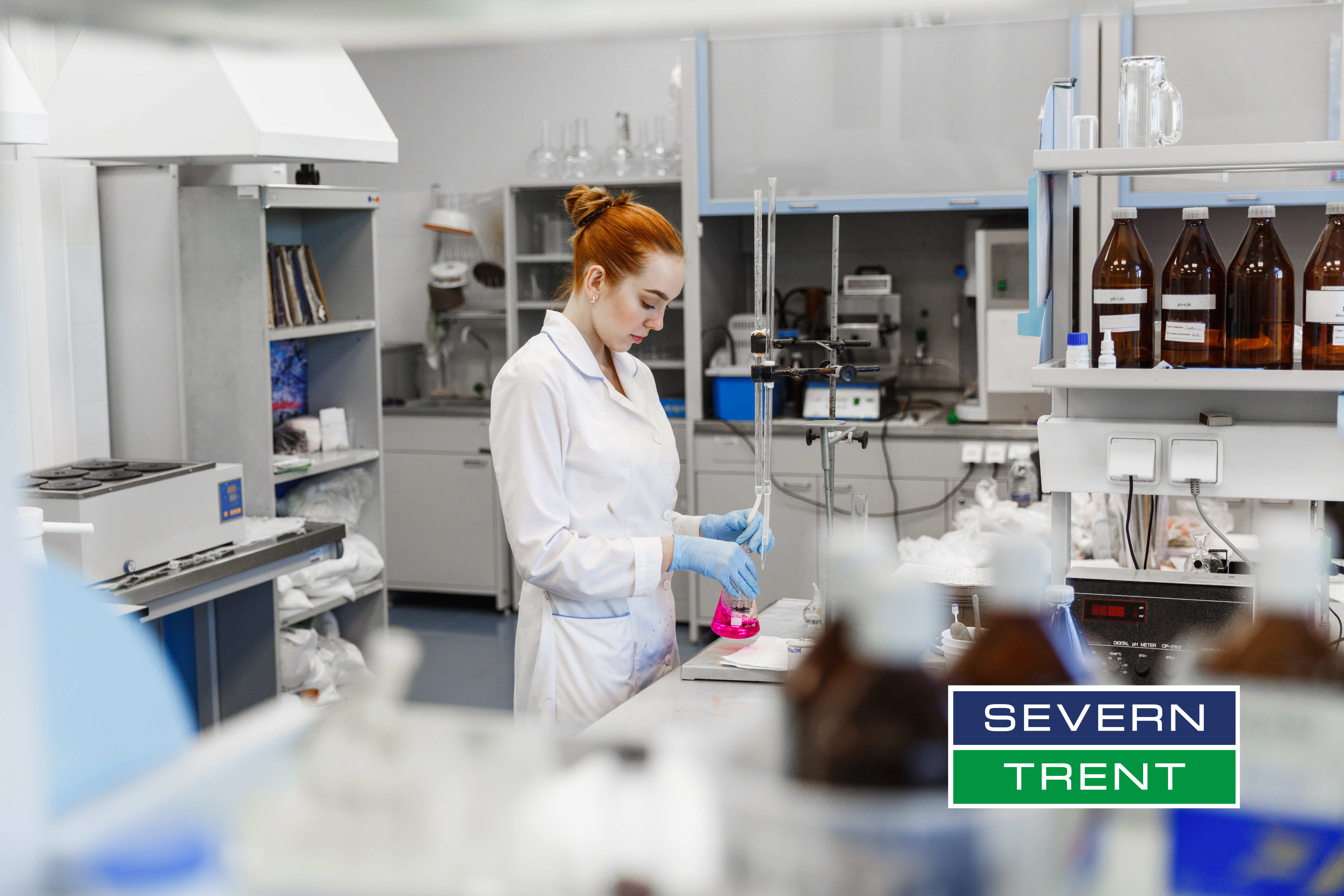Polymerase chain reaction (PCR) testing has been an important part of the UK’s response to the coronavirus pandemic. Did you know that PCR analysis can also be used to identify legionella bacteria?
Click here to subscribe to the Water Hygiene Newsletter

What is a culture test?
When we collect legionella samples, we send them to the laboratory to be cultured. A culture test works by attempting to grow living legionella bacteria found in the water sample. This process takes at least 10 days, and results are reported in colony forming units per litre.
Culture test results can then be interpreted with the aid of the guidance contained in HSG274 (tables 1.11, 2,2 and 2.3). We can then implement a course of remedial action identified to remove the contamination.
What is a PCR test?
In addition to a culture test, we may at times suggest a PCR test, which works a little differently. The polymerase enzyme is used to ‘unzip’ fragments of genetic material. Since each organism’s genetic structure is unique, individual cells can be identified by their genetic code. This includes information about their species. PCR process is much faster than culture testing, taking approximately 24 hours upon receipt of sample.
If PCR testing is so fast and precise, why do we still rely on old-fashioned culture testing when looking for the presence legionella?
Firstly, because PCR testing is used to identify fragments of genetic material, it does not discriminate between reproductive, stressed and dead legionella cells. Laboratories in the UK filter the sample to remove any dead genetic material. Despite this, ‘stressed’ cells, which cannot reproduce, could still be detected by a PCR test. It is therefore difficult to determine whether the presence of legionella’s genetic material is a threat without a culture test.
These factors mean that remedial action should not be undertaken based on the results of a PCR test alone. A culture test should also be conducted as a verification of the PCR results and is requested by the analytical laboratory. Additionally, PCR analysis is quite expensive, with a single sample being many times the cost of a standard culture.
What are PCR tests useful for?
Due to their extreme level of precision, they are excellent at matching specific species genotypes to samples taken from patients during outbreaks. For example, they have been used during outbreaks to assist in the identification of the source contamination.
There are some additional instances in which water systems benefit from PCR testing, however these are such niche instances that professional help is required to make this decision. If you’re interested in PCR testing for your water system, speak to one of our experts today.









